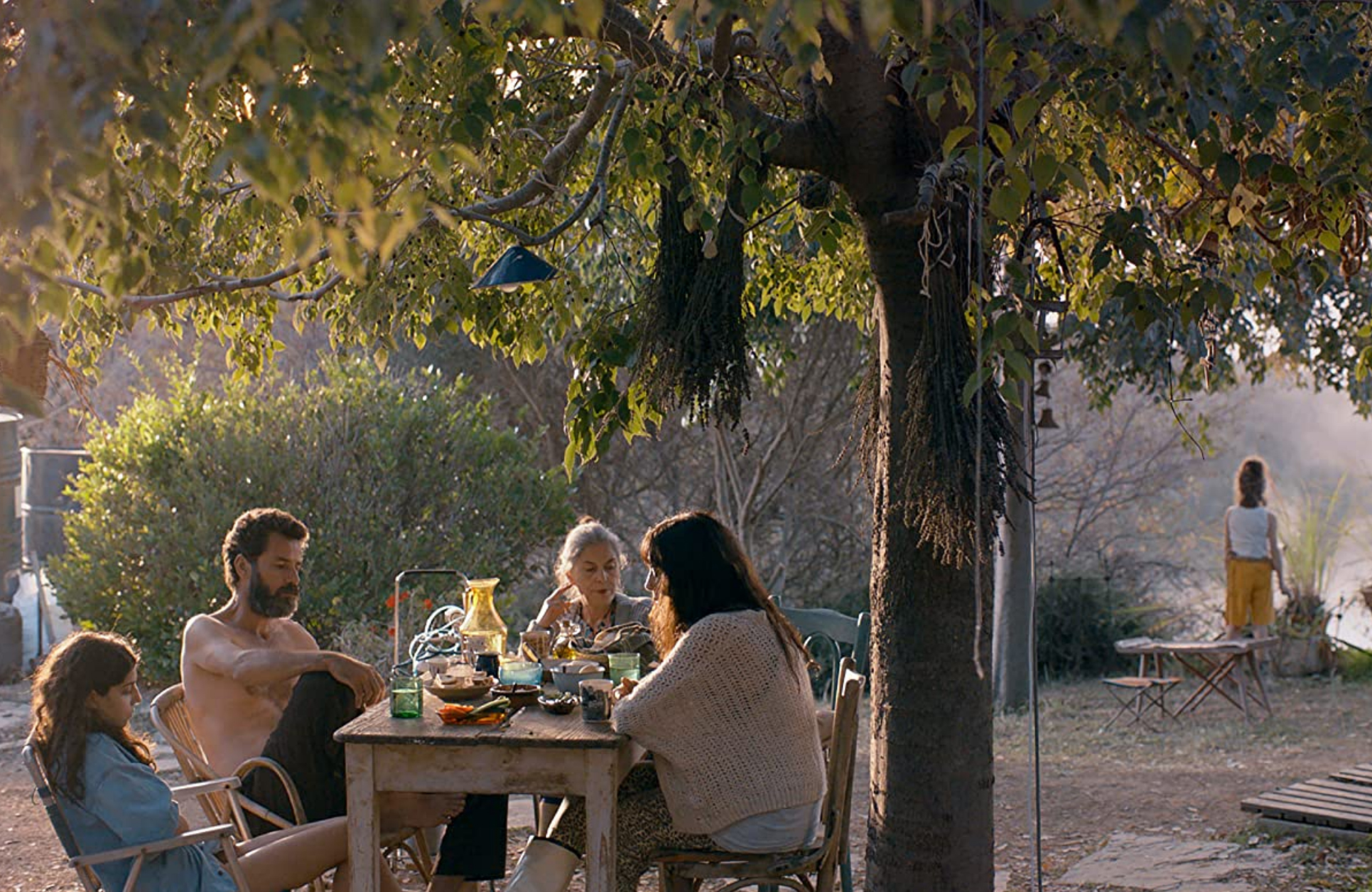
- Golden Globe Awards
Costa Brava, Lebanon (Lebanon)
To escape the toxic pollution, streets overflowing with garbage, constant power outages and social unrest of Beirut, the Badri family has moved to an idyllic quiet retreat in the mountains above the city. There, Walid (Saleh Bakri) and Soraya (Nadine Labaki, director of the Golden Globe-nominated Capernaum), their two girls and the grandmother enjoy an isolated eco-conscious and self-sufficient lifestyle. All will change when the government installs a huge landfill adjacent to their property. As trash piles up next door, the viability of the Badri’s utopian dream is put to the test, increasing family tensions. Under those conditions, will they be able to stay true to their ideals and commitments?
These are some of the themes explored in Costa Brava, Lebanon, the first feature film of writer-director Mounia Akl (32). “I have always been fascinated by family dynamics,” she explains. “The Badri’s ideal of staying pure by disdaining society is an escapism fantasy which reflects a certain place of absurdity where some are driven to reinvent and sterilize their homes to protect themselves from a dystopian reality that is often too painful to accept. Growing up in Lebanon, I was surrounded by chaos and poetry. The country was always on the verge of apocalypse, but it has also armed us with limitless imagination, humor, and a visceral experience of life.”
Filming took place in November and December 2020, only a few months after the August 4th devastating explosion in the port of Beirut. That fateful day, Mounia Akl and her producer Myriam Sassine were in a meeting in the area nearby when their office was destroyed. They barely survived. They quickly had to assess whether to entirely cancel the shoot but decided that was not an option even if financing became a struggle at times.
“The main challenges were multiple, starting with the circumstances we shot it in,” she says. “I missed the days where my obstacles were only creative ones! Shooting in the aftermath of the deadly explosion, with everyone going through PTSD, also during a pandemic, and amidst a country falling apart was a great human challenge. It sometimes made us stronger and gave us a sense of purpose. It showed us what we missed about our old life. It reminded us of the importance of working with people who are kind and generous and empathetic. That helped create a sense of community. In the end, I’ll always remember making the film as an opportunity, a privilege to heal through art.”
Costa Brava, Lebanon also reflects the enduring existential struggles of a nation constantly on the verge of collapse, something Akl was keen to underline in her film without making a political statement too obvious. Becoming a filmmaker has been a way for her to address some of the issues she hopes her country will solve one day. Even though today she splits her time between her native country and New York, she always feels close to her roots.
“Life. My parents. My city, Beirut. Belonging to these worlds really confirmed that I had stories to tell and how I wanted to tell them. It made me aware of the importance of never accepting what’s in front of you, whether it is a criminal government or a toxic environment. Telling stories is just my way of questioning the status quo, and the truth that comes out of us in a time of crisis. It is the tool I found in myself when it came to challenging the reality I live in, or at least, raising questions about it.”

